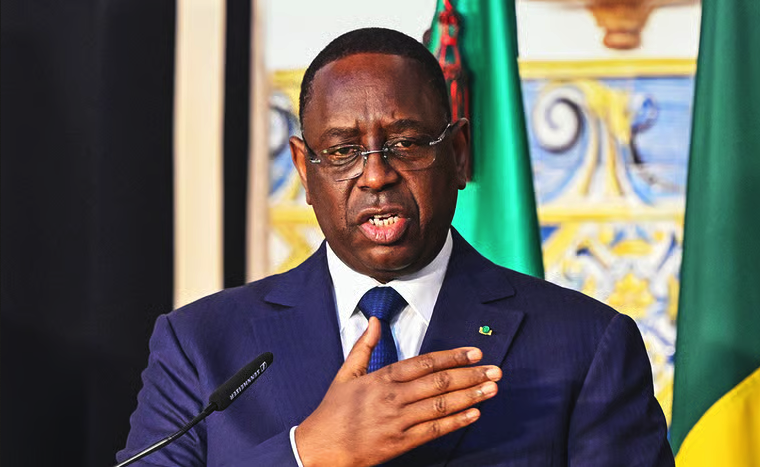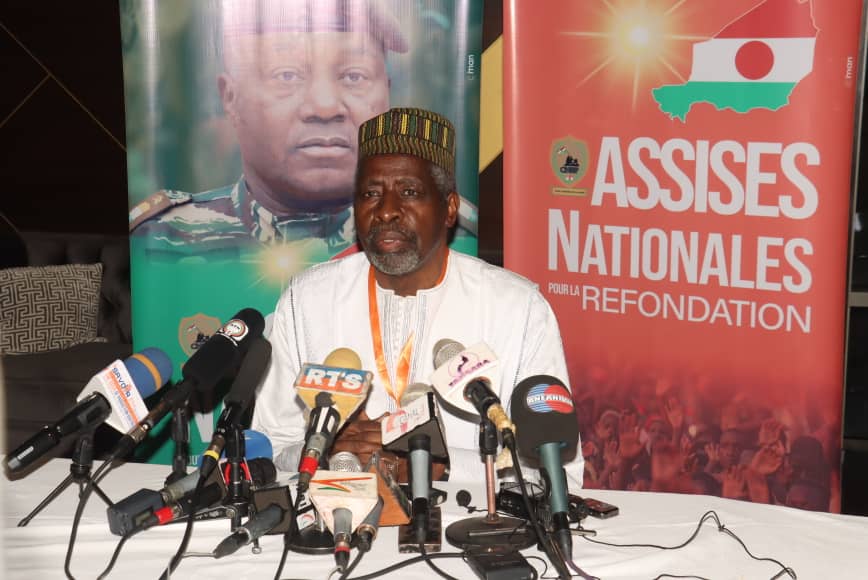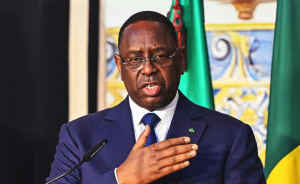Gambiaj.com – (NIAMEY, Niger) – Niger is considering a transition period of five to ten years, following recommendations from the National Conference aimed at stabilizing the country and implementing deep political reforms. While some committees proposed a renewable five-year transition, others argued for a decade-long process, citing security challenges and the need for institutional restructuring.
“All the subcommittees studied the issue, and the participants overwhelmingly recommended a minimum duration of 5 years, renewable, which could evolve according to the political and security situation in our country, the specifications of the refoundation, and the agenda of the Confederation of Sahel States, with the possibility for the leaders of the refoundation bodies to stand in future elections,” stated Dr. Mamoudou Harouna Djingarey, the president of the just-ended national consultations, on state TV Thursday.
A key recommendation is the establishment of new governance structures, including a Transitional Constitutional Council, a National Consultative Council, and a Human Rights Observatory. The proposal also calls for an overhaul of political institutions, with the President of the National Council for the Safeguarding of the Fatherland (CNSP) assuming the role of President of the Republic through a formal investiture.
Beyond the timeline, the conference emphasized dissolving existing political parties and introducing a controlled multiparty system. A new constitution, reflecting Niger’s socio-cultural and religious values, would establish a presidential regime, while a biometric voting system and stricter financial controls aim to ensure transparent elections.
The number of parliamentary seats would be capped at 100, ministerial departments limited to 20, and state financing would cover all electoral costs to curb political corruption.
Security, political stability, and economic recovery remain central challenges. The transition must address ongoing terrorist threats, border tensions, and the restructuring of governance while implementing policies to revive the economy and improve living standards.
The final decision on the transition’s duration rests with Niger’s leadership, but the conference’s proposals mark a break from past approaches.
Whether lasting five or ten years, the process aims to establish a stable, prosperous, and well-governed republic. The next crucial step will be the adoption of the Charter of Refoundation, officially launching a new era for Niger.










